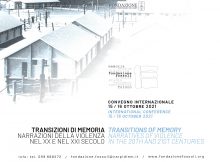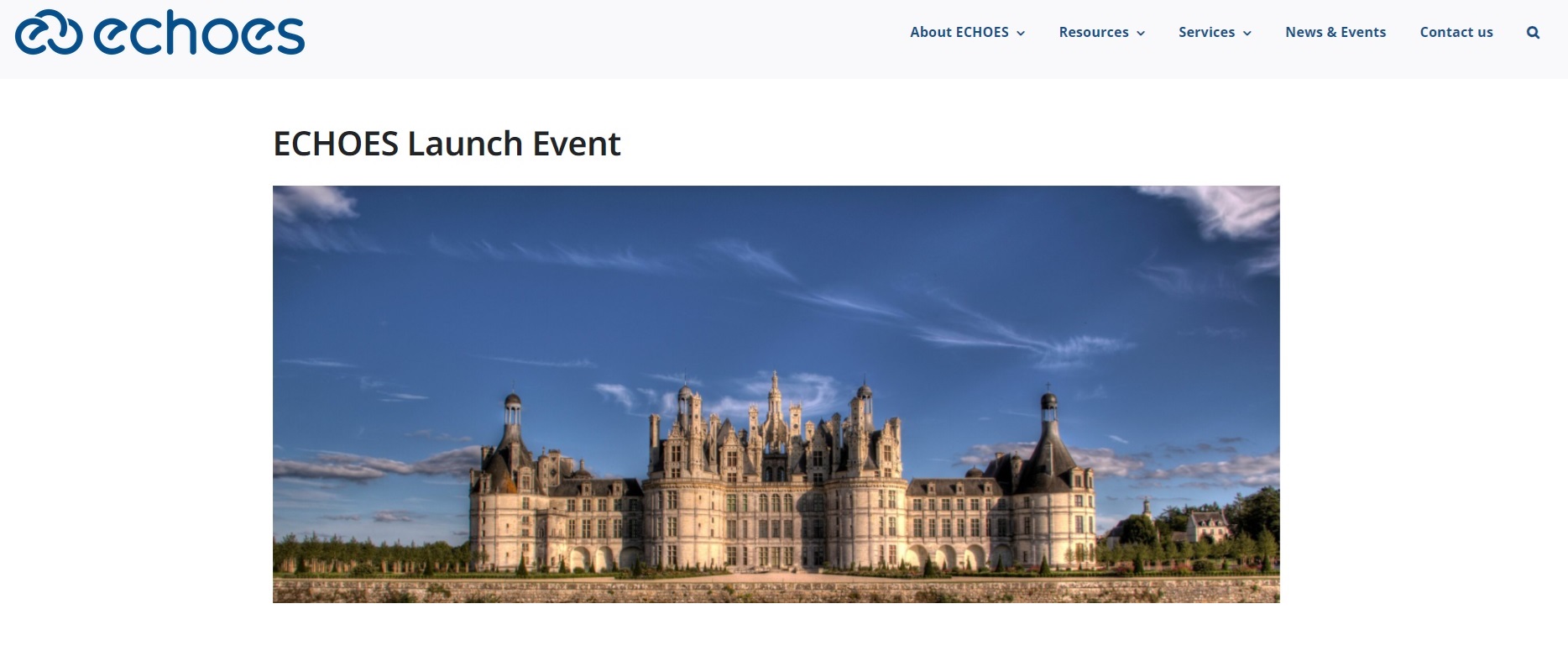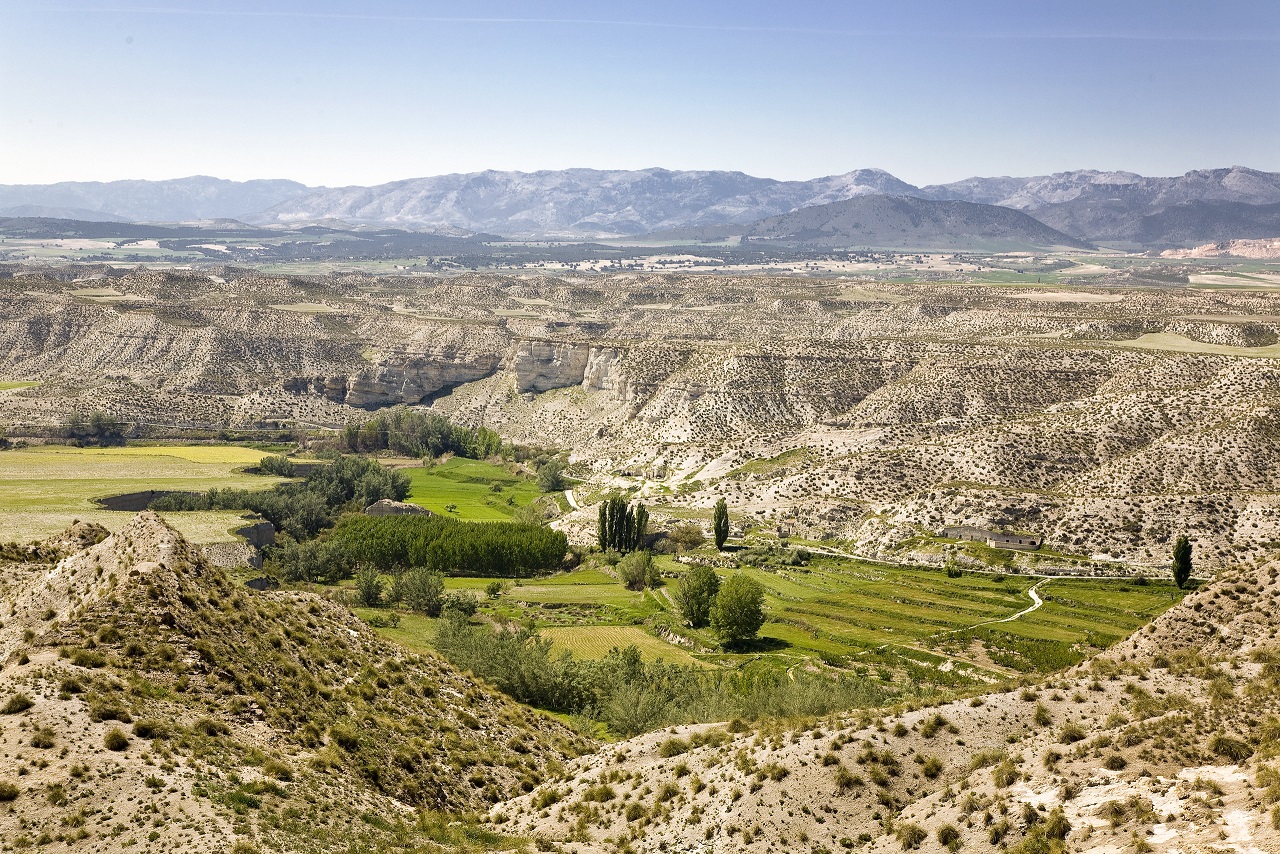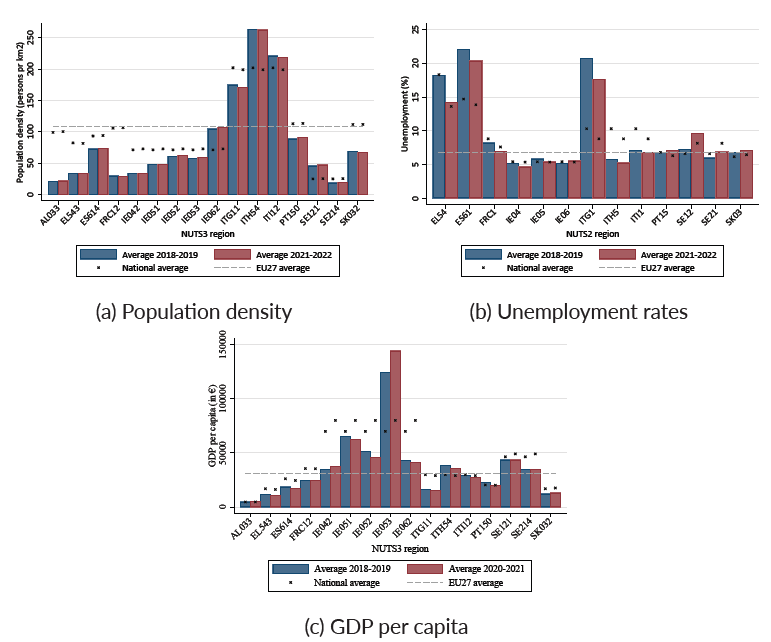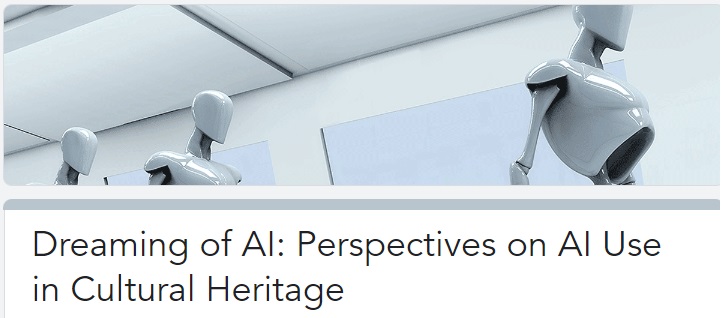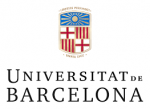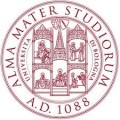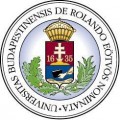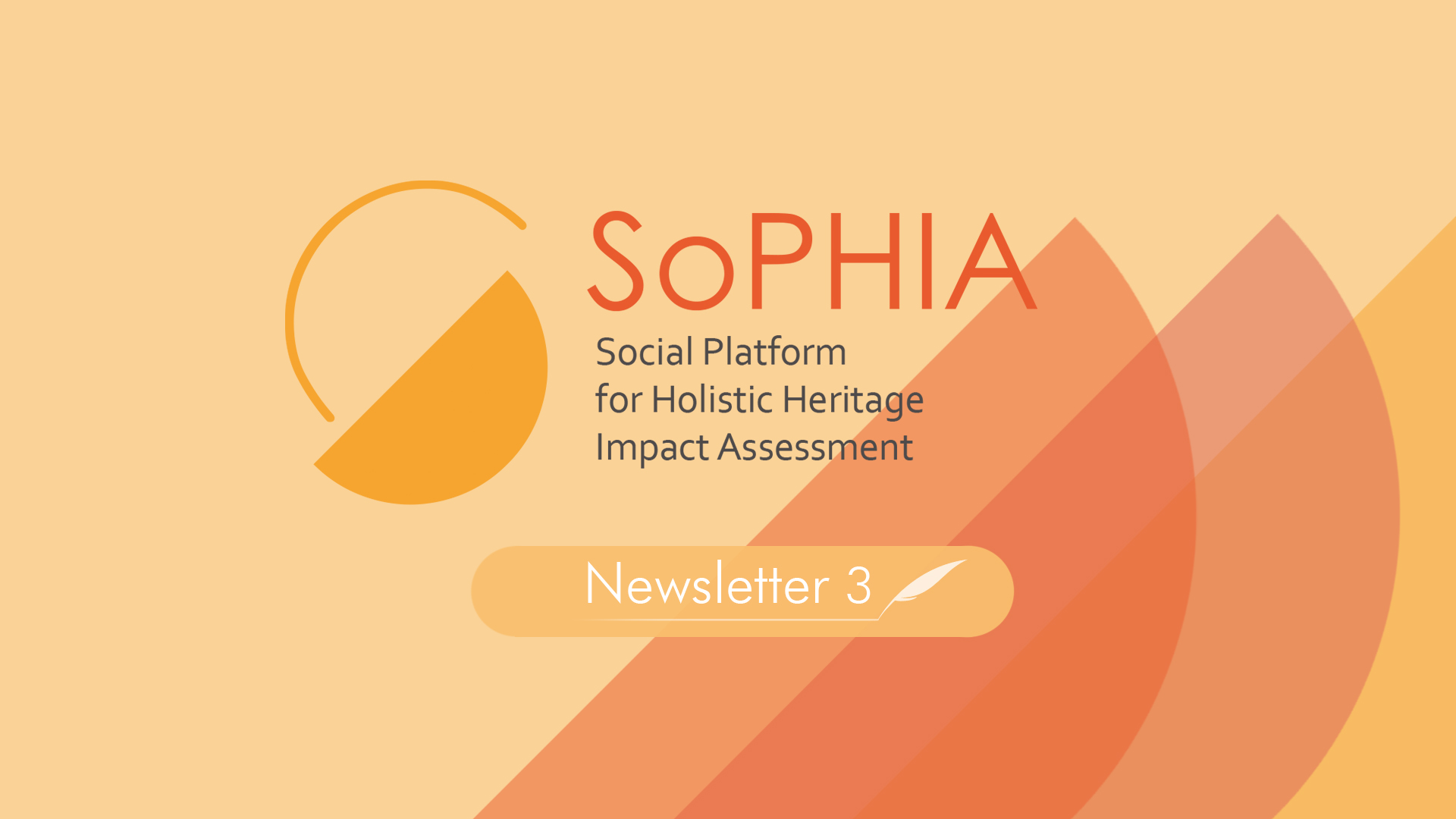 SoPHIA – Social Platform for Holistic Impact Heritage Assessment aims to promote collective reflection within the cultural and political sector in Europe, on the impact assessment and quality of interventions in European historical environment and cultural heritage at urban level, which would ensure a balanced approach to measuring their ‘success’ and contributions to our sustainable future. With the constant active participation of the social platform, SoPHIA´s work is organized around four main analytical dimensions – social, cultural, economic and environmental impact – which constitute perspectives to identify the most important challenges and opportunities linked to cultural heritage interventions in Europe.
SoPHIA – Social Platform for Holistic Impact Heritage Assessment aims to promote collective reflection within the cultural and political sector in Europe, on the impact assessment and quality of interventions in European historical environment and cultural heritage at urban level, which would ensure a balanced approach to measuring their ‘success’ and contributions to our sustainable future. With the constant active participation of the social platform, SoPHIA´s work is organized around four main analytical dimensions – social, cultural, economic and environmental impact – which constitute perspectives to identify the most important challenges and opportunities linked to cultural heritage interventions in Europe.
SoPHIA´s Newsletters aims at sharing updates about editorials, news, interviews with key people and collaborations addressed in the project. In particular, the Newsletter 3 focuses on the link between Cultural Heritage and Development.
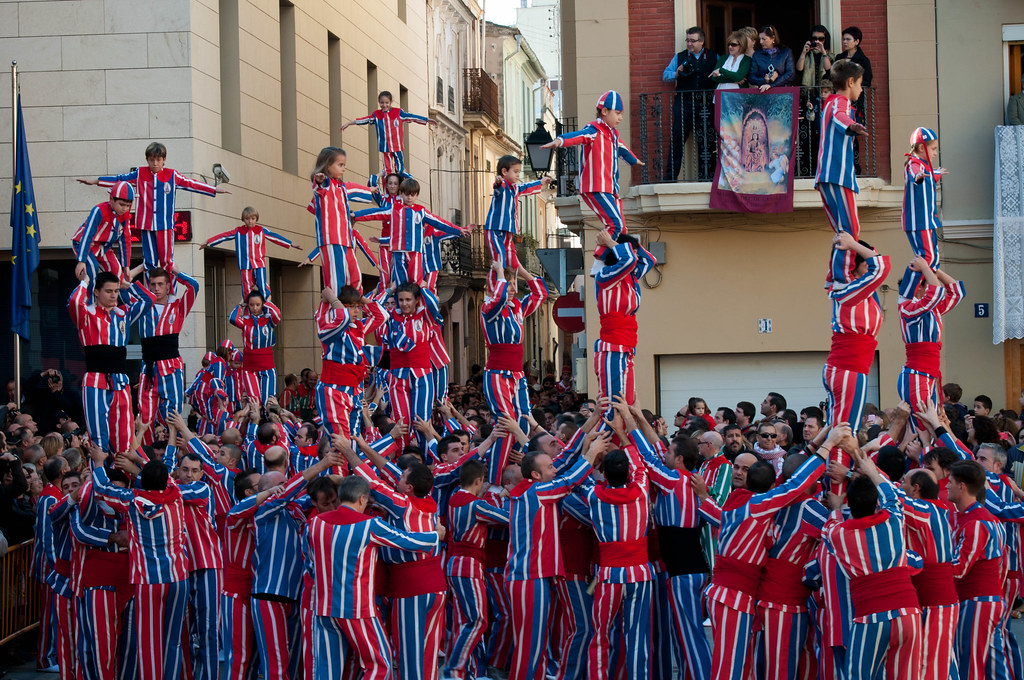 The first new of the Newsletter 3 is about the publication of the essay mapping Gaps and Shortcomings on CH impact assessment, which have been identified throughout the first deliverable of the literature review, and through collective reflection during the Athens’ Virtual Workshop process. Gaps and shortcomings point to an overall absence, or insufficient involvement of the public, recurrent in the different domains of the project. Among the Report findings there is clear evidence that public involvement is lacking almost everywhere in Europe, and the reasons why public participation is not always included in cultural investments decisions are several. The essay adopts a critical point of view to synthesize these findings towards the formulation of a holistic cultural heritage impact assessment.
The first new of the Newsletter 3 is about the publication of the essay mapping Gaps and Shortcomings on CH impact assessment, which have been identified throughout the first deliverable of the literature review, and through collective reflection during the Athens’ Virtual Workshop process. Gaps and shortcomings point to an overall absence, or insufficient involvement of the public, recurrent in the different domains of the project. Among the Report findings there is clear evidence that public involvement is lacking almost everywhere in Europe, and the reasons why public participation is not always included in cultural investments decisions are several. The essay adopts a critical point of view to synthesize these findings towards the formulation of a holistic cultural heritage impact assessment.
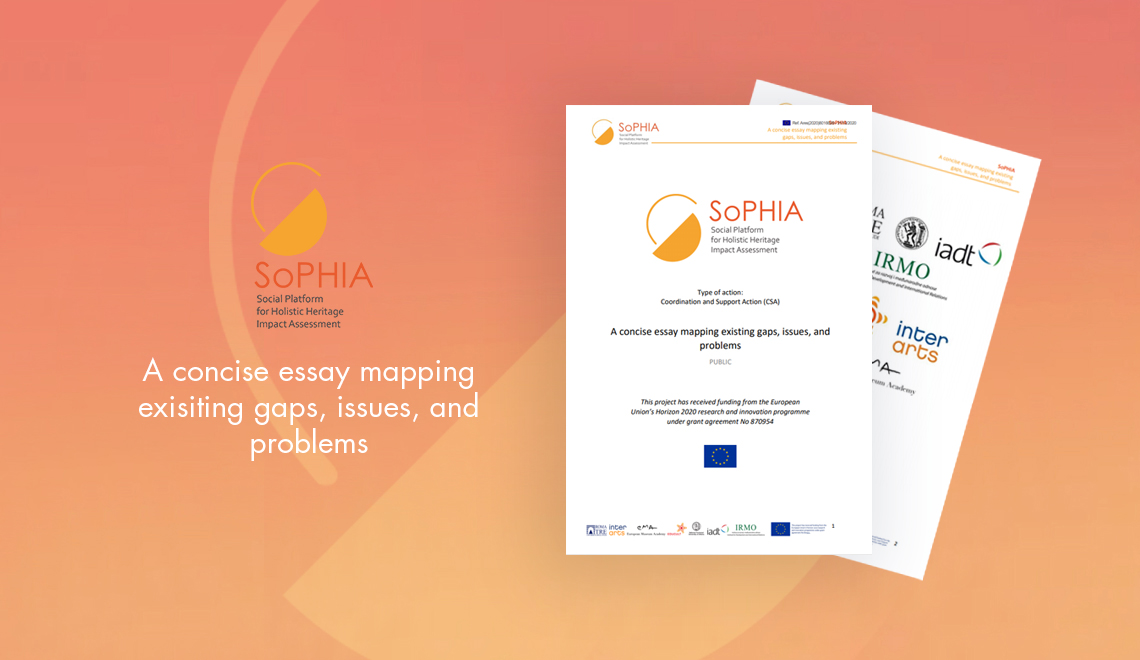 The second new is about the literature review on the Impact of Cultural Heritage on Society. Within the SoPHIA project, the broad scope of the academic and policy literature available have been examined, indicating its relevance, complex character and delicacy. The review highlights that there are many limitations to the effectiveness of Social Impact Assessment and the management of social issues in projects, such as corruption, rent seeking, elite capture, speculation and opportunistic behaviour are difficult to manage. The social domain within the D1.1 Review of Research Literature, Policy Programmes and (good and bad) Practices can be found from pages 53 to 88.
The second new is about the literature review on the Impact of Cultural Heritage on Society. Within the SoPHIA project, the broad scope of the academic and policy literature available have been examined, indicating its relevance, complex character and delicacy. The review highlights that there are many limitations to the effectiveness of Social Impact Assessment and the management of social issues in projects, such as corruption, rent seeking, elite capture, speculation and opportunistic behaviour are difficult to manage. The social domain within the D1.1 Review of Research Literature, Policy Programmes and (good and bad) Practices can be found from pages 53 to 88.
After the literature review and consulations to stakeholders during the Athens Virtual Workshop in the summer 2020, SoPHIA designed a draft holistic impact assessment model that is being currently tested across Europe. The third new describes the 12 case studies of the project, which represent a variety of types of cultural heritage, comprising a landscape site, two museums, two programmes, three cultural districts, a place of remembrance, a historic city centre, an island and a monastery. The results will be presented at the Vienna Conference and further discussed with SoPHIA´s community of practice, fine-tuning the model and bridging thus the gap between the academic research and the professional practice on cultural heritage. To read about the 12 case studies please click here.
Website: https://sophiaplatform.eu/en
Suscription to SoPHIA´s Newsletter, please click here.



